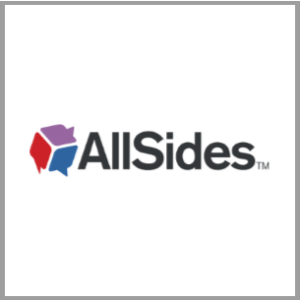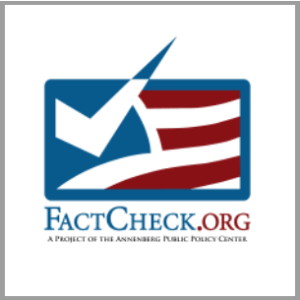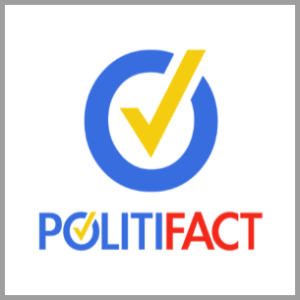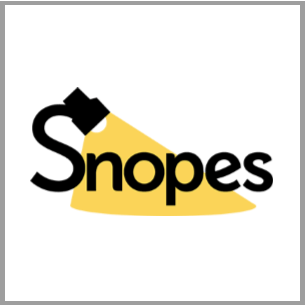What is Media Literacy?

According to the National Association for Media Literacy Education, media literacy is “the ability to access, analyze, evaluate, create, and act using all forms of communication.” Common Sense Media describes media literacy as “the ability to identify different types of media and understand the messages they’re sending.”
Every day we take in a huge amount of information from a wide variety of sources; including television, radio, newspapers, magazines, text messages, websites, online videos, social media, video games, advertising, and more. Media literacy can be difficult because it is not always obvious who created something, why they made it and if it’s credible.
Why is it important?
Media literacy is important because Americans often label statements they agree with as factual and those they disagree with as opinion according to a 2018 Pew Research Center survey (read about the study below in “Distinguishing Between Factual and Opinion Statements in the News”). If we only believe in information that we are already swayed to believe, we will never learn anything new.
Further Reading & Resources
Common Sense Media – News and Media Literacy for Parents
“Distinguishing Between Factual and Opinion Statements in the News”
by Amy Mitchell,
“How to Spot Fake News” by Eugene Kiely and Lori Roberson
Media Bias Training Wheels
Consider adding one of the following internet browser extensions for some assistance identifying media bias. A browser extension is an add on that you can download that will customize your web browser. A common example of an extension is an ad blocker. With these media literacy extensions, you can use the additional information/ratings they provide to help inform your understanding. They do not censor information.
Newsguard (Works with Chrome, Firefox, Safari, Microsoft Edge)
-This extension will literally red flag articles and posts that you visit online that don’t meet journalistic standards for credibility. Articles will be given a rating based on Newsguard’s set of standards.
FakerFact (Works with Chrome and Firefox)
-This extension places articles on a spectrum from good to harmful.
Trusted News (Works with Chrome)
-This extension analyzes articles based on criteria like journalism, sensationalism or agenda-driven.
Fact-checking & Media Bias

AllSides.com is a website that seeks to expose people to information and ideas from all sides of the political spectrum so they can better understand the world — and each other. AllSides uses media bias ratings to provide balanced news, perspectives and issues from across the political spectrum.
 FactCheck.org is a nonpartisan, nonprofit “consumer advocate” website for voters that aims to reduce the level of deception and confusion in U.S. politics. They monitor the factual accuracy of what is said by major U.S. political players in the form of TV ads, debates, speeches, interviews and news releases.
FactCheck.org is a nonpartisan, nonprofit “consumer advocate” website for voters that aims to reduce the level of deception and confusion in U.S. politics. They monitor the factual accuracy of what is said by major U.S. political players in the form of TV ads, debates, speeches, interviews and news releases.
 PolitiFact.com is an independent fact-checking journalism website aimed at bringing citizens the truth in politics. PolitiFact’s reporters and editors fact-check statements from the White House, Congress, candidates, advocacy groups and more, rating claims for accuracy, providing analysis of the claim and explanation of reasoning, along with links to sources.
PolitiFact.com is an independent fact-checking journalism website aimed at bringing citizens the truth in politics. PolitiFact’s reporters and editors fact-check statements from the White House, Congress, candidates, advocacy groups and more, rating claims for accuracy, providing analysis of the claim and explanation of reasoning, along with links to sources.
 Snopes.com is a fact-checking website dating back to the 1990s. Researchers investigate claims for legitimacy and assign it a rank such as true, mostly true, false and legend.
Snopes.com is a fact-checking website dating back to the 1990s. Researchers investigate claims for legitimacy and assign it a rank such as true, mostly true, false and legend.
